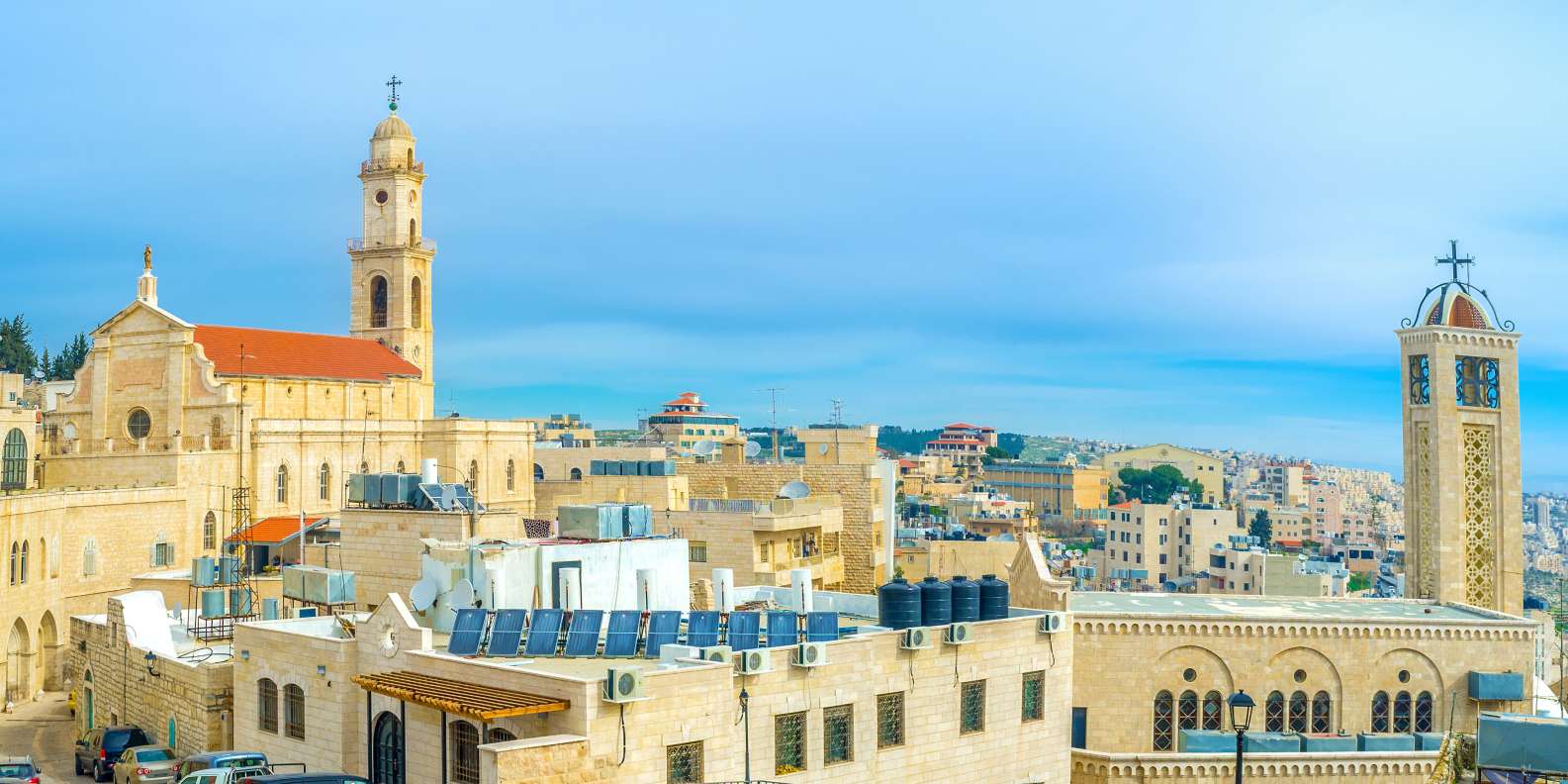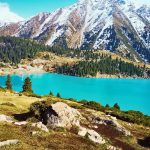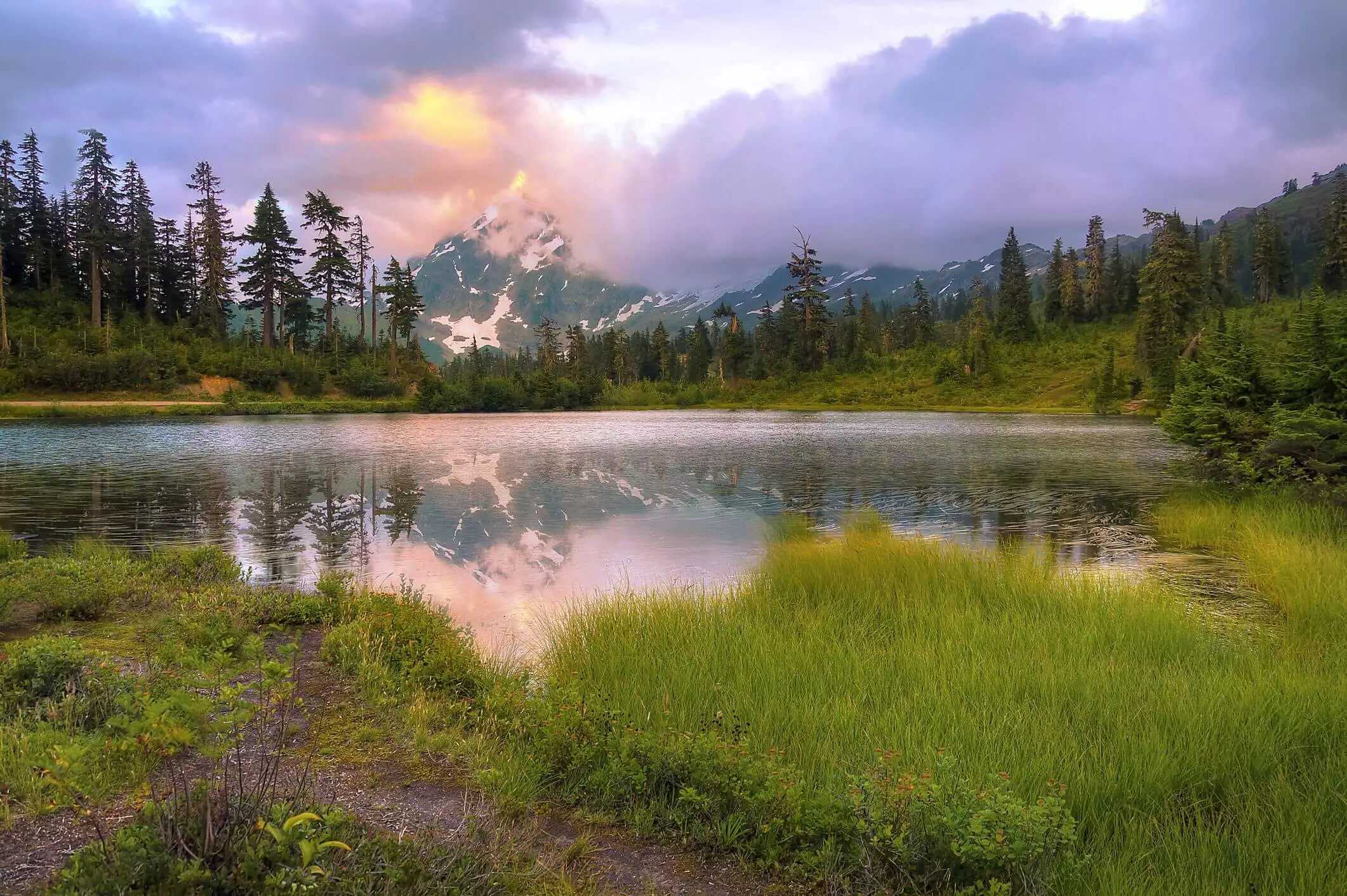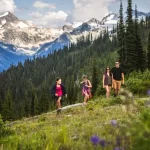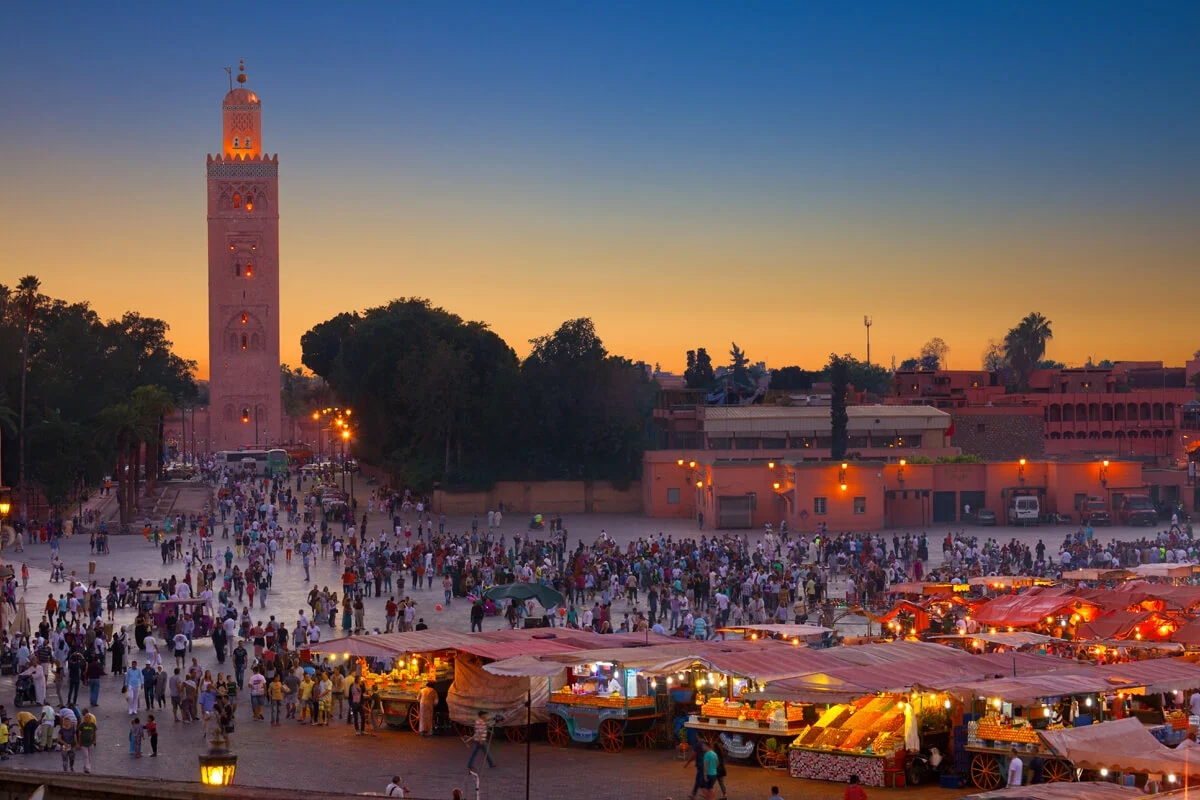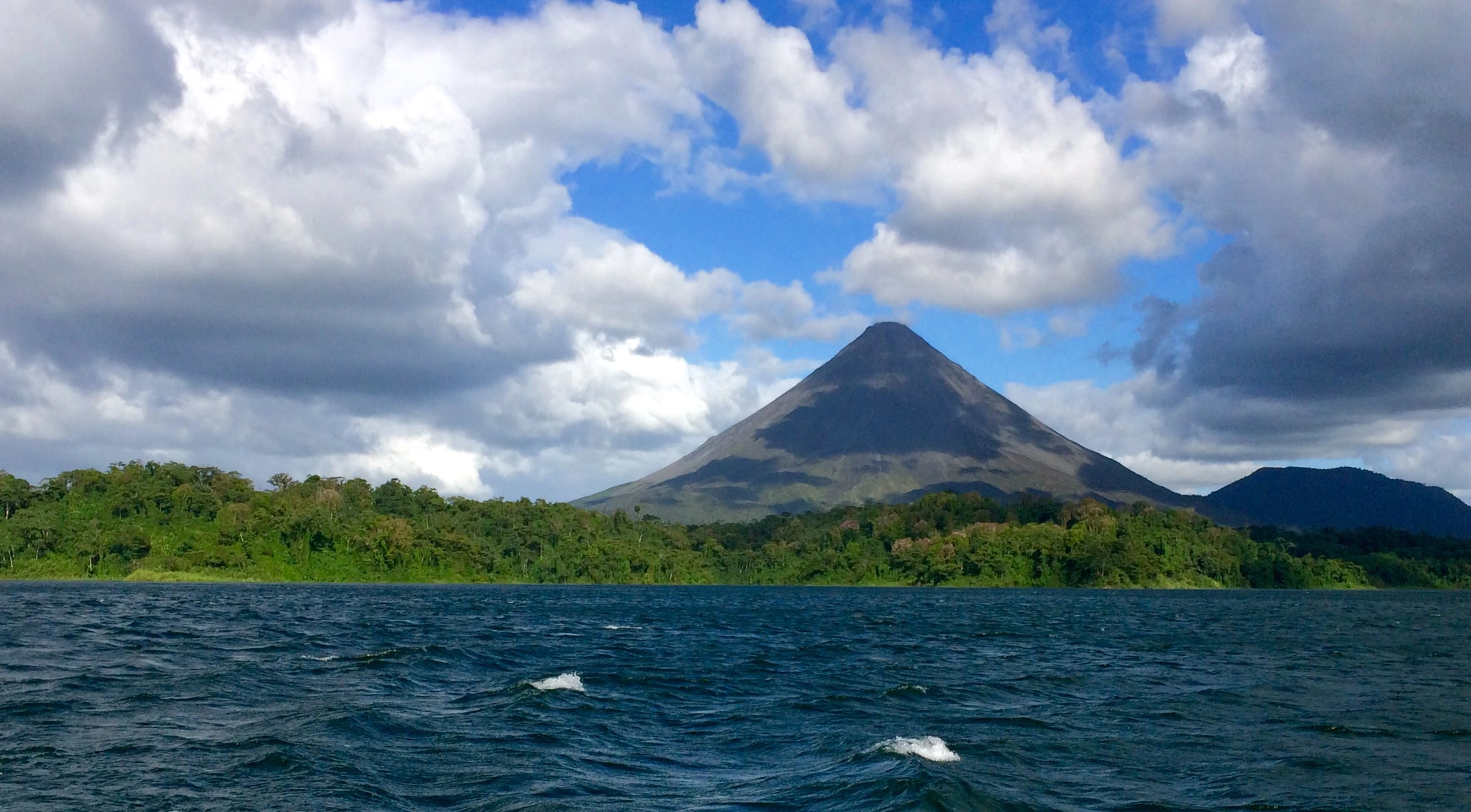Imagine a classroom with sprawling golden plains as your desk, the rumble of a lion’s roar as your morning bell, and a breathtaking migration of wildebeest as your daily spectacle. Welcome to the Serengeti National Park, Tanzania – a real-life nature’s classroom teeming with diverse life and ongoing conservation efforts.
The Serengeti is not just a photographer’s paradise; it’s a crucial ecosystem facing significant challenges. This vast landscape, dubbed “endless plains” by the Maasai people, is the stage for the awe-inspiring Great Migration – the largest movement of land mammals on Earth. However, alongside its natural wonders, the Serengeti grapples with issues like poaching, habitat loss, and climate change.
This blog serves as a glimpse into a serengeti safari tour, highlighting the delicate balance between its incredible wildlife and the ongoing fight for its preservation.
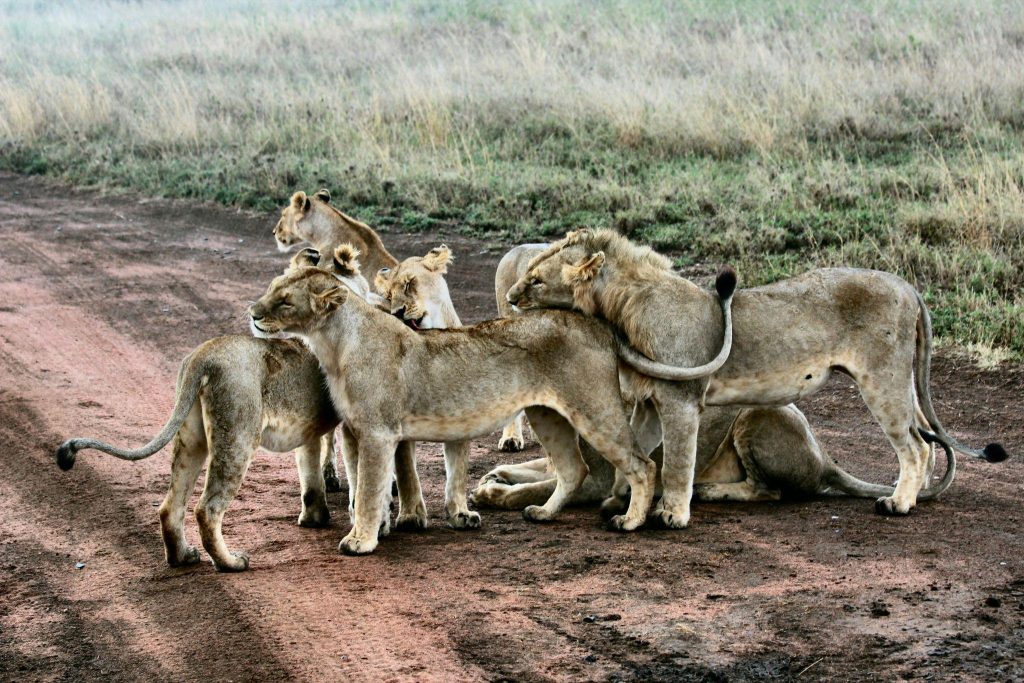
Content
Lesson 1: The Delicate Dance of the Ecosystem
The Serengeti ecosystem thrives on a complex web of interactions. Lions stalk zebras, wildebeest graze on the grasses, and dung beetles clean up after them. This intricate dance sustains life across the board.
One of the most captivating aspects of this ecosystem is the aforementioned Great Migration. Over 1.5 million wildebeest, along with zebra and gazelle, embark on a yearly journey in search of water and fresh grazing lands. This mass movement showcases the interconnectedness of the ecosystem – the health of the herds directly impacts the well-being of predators and scavengers who rely on them for survival.
Lesson 2: Threats to this Natural Wonder
While the Serengeti boasts unparalleled beauty, it faces significant threats. Poaching remains a persistent issue, endangering rhinos, elephants, and other iconic species. Habitat loss due to human encroachment and unsustainable agricultural practices further disrupts the delicate balance.
Climate change throws another curveball. Rising temperatures and erratic weather patterns disrupt migration patterns and impact the availability of resources. This can lead to increased competition for food and water, jeopardizing the survival of various species.
Lesson 3: Conservation in Action
Despite the challenges, numerous organizations are actively working to protect the Serengeti.
Here are some key efforts:
Anti-Poaching Initiatives: Park rangers patrol the vast landscape, working tirelessly to deter poaching activities. Technological advancements like drone surveillance and DNA analysis of confiscated wildlife products further aid in anti-poaching efforts.
Habitat Protection: Conservation groups focus on preserving critical wildlife corridors and establishing buffer zones between protected areas and human settlements. This allows for the free movement of animals and minimizes conflict.
Community Engagement: Local communities play a crucial role in conservation. Initiatives promoting sustainable livelihoods, education programs fostering awareness about the importance of wildlife, and encouraging ecotourism all contribute significantly.
Engaging with Conservation Efforts
As responsible global citizens, we can all play a part in protecting the Serengeti:
Support reputable conservation organizations: Donate to groups actively involved in anti-poaching efforts, habitat restoration, and community development projects.
Practice responsible tourism: Choose ecotourism companies with strong conservation ethics that prioritize the well-being of the environment and local communities.
Reduce your environmental footprint: Be mindful of your daily choices – opt for sustainable products, minimize waste, and advocate for policies that promote environmental protection.
The Serengeti: A Classroom for the Future
The serengeti safari tour serves as a powerful reminder of the interconnectedness of our planet. By understanding the delicate balance of this ecosystem and the threats it faces, we gain valuable lessons in conservation.
Through collaborative efforts, innovative solutions, and a shift towards sustainable practices, we can ensure that the Serengeti remains a vibrant classroom for generations to come.
Remember: Every action, big or small, contributes to the future of this irreplaceable natural wonder. Let us become responsible stewards and ensure the Serengeti continues to be a testament to the power of nature and the importance of conservation.

An avid traveler, Kirk Grover has been to over 50 countries. He has an extensive background in tourism and hospitality management, along with a degree in Hospitality Management from the University of Nevada Las Vegas. Kirk is very knowledgeable about travel-related topics – they are always up to date on the latest deals for flights, hotels, and other adventures around the world.
